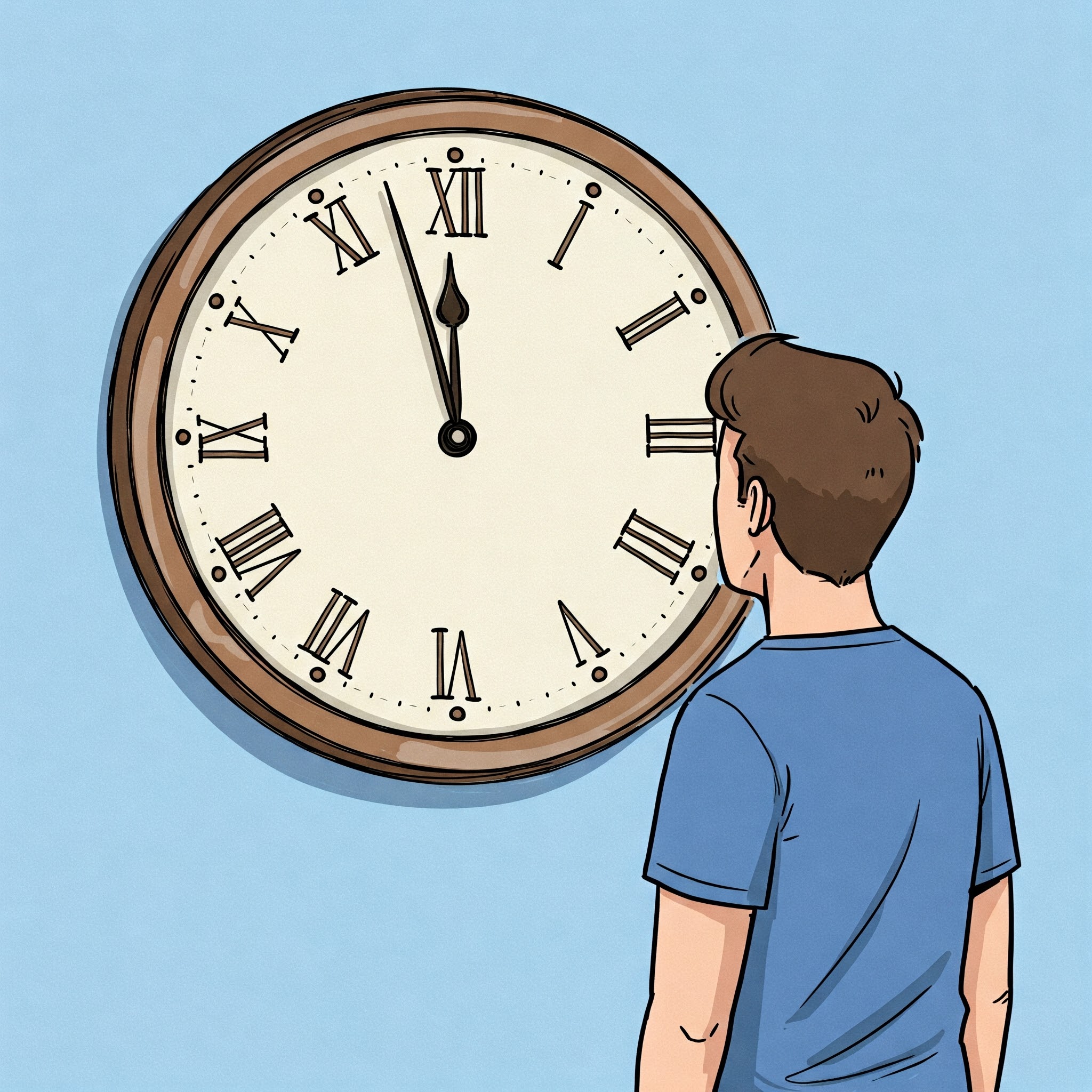It
Definition
It is a pronoun used to refer to a thing previously mentioned or easily identified. It is also used in impersonal constructions to denote time, weather, or distance.
Parts of Speech
- Pronoun
Pronunciation
American English
- IPA Pronunciation: /ɪt/
- Respelling: it
British English
- IPA Pronunciation: /ɪt/
- Respelling: it
Etymology
The word "it" originates from Old English "hit," a neuter pronoun for "that" or "this." It is related to Proto-Germanic "*hit" and Proto-Indo-European "*ko-" (this, here). Over time, "it" evolved into a common pronoun for neutral or inanimate subjects in Middle English.
Derivatives
- Itself (pronoun)
- It's (contraction of it is or it has)
- Its (possessive form)
- Itselfness (rare noun)
- Non-it (informal noun)
Synonyms
- Thing
- This
- That
Antonyms
- None
Usage
The pronoun "it" is one of the most commonly used words in English. It is used for inanimate objects, animals, and impersonal subjects. Examples include "The cat is sleeping. It looks comfortable," or "It is raining outside."
Related Terms
- They: A pronoun used for plural subjects.
- He: A pronoun for masculine singular subjects.
- She: A pronoun for feminine singular subjects.
Detailed Definitions
Pronoun
- Used to refer to a thing previously mentioned or easily identified: Indicates an object or subject.
- Example: "I found the book. It was on the table."
- Used in impersonal constructions: Refers to weather, time, or distance.
- Example: "It is 5 o'clock."
- Example: "It is cold outside."
- Used as a dummy subject in constructions: Introduces a clause or phrase.
- Example: "It is important to follow the rules."
it



🇨🇳 Mandarin Chinese
- 它 (Tā) - it
- IPA Pronunciation: /tʰä˥/
- English Respell: Ta
🇮🇳 Hindi
- यह (Yah) - it
- IPA Pronunciation: /jəɦ/
- English Respell: Yeh
- वह (Vah) - it
- IPA Pronunciation: /ʋəɦ/
- English Respell: Veh
🇪🇸 Spanish
- Lo - it
- IPA Pronunciation: /lo/
- English Respell: Lo
- Eso - it
- IPA Pronunciation: /ˈeso/
- English Respell: Eh-so
🇫🇷 French
- Le - it (masculine)
- IPA Pronunciation: /lə/
- English Respell: Luh
- La - it (feminine)
- IPA Pronunciation: /la/
- English Respell: La
🇸🇦 Modern Standard Arabic
- هو (Huwa) - it (masculine)
- IPA Pronunciation: /huwa/
- English Respell: Hu-wa
- هي (Hiya) - it (feminine)
- IPA Pronunciation: /hiya/
- English Respell: Hi-ya
🇧🇩 Bengali
- এটা (Eta) - it
- IPA Pronunciation: /ɛː.ʈaː/
- English Respell: Ay-ta
🇷🇺 Russian
- Он (On) - it (masculine)
- IPA Pronunciation: /on/
- English Respell: On
- Она (Ona) - it (feminine)
- IPA Pronunciation: /ɐˈna/
- English Respell: Ah-na
🇵🇹 Portuguese
- O - it (masculine)
- IPA Pronunciation: /o/
- English Respell: Oh
- A - it (feminine)
- IPA Pronunciation: /a/
- English Respell: Ah
🇮🇩 Indonesian
- Itu - it
- IPA Pronunciation: /i.tu/
- English Respell: Ee-too
🇩🇪 German
- Es - it
- IPA Pronunciation: /ɛs/
- English Respell: Ess
🇯🇵 Japanese
- それ (Sore) - it
- IPA Pronunciation: /soɾe/
- English Respell: So-re
🇻🇳 Vietnamese
- Nó - it
- IPA Pronunciation: /no˧ˀ˦/
- English Respell: No
🇰🇷 Korean
- 그것 (Geu-geot) - it
- IPA Pronunciation: /ɡɯɡʌt̚/
- English Respell: Geu-geot
🇹🇷 Turkish
- O - it
- IPA Pronunciation: /o/
- English Respell: Oh
🇵🇰 Urdu
- یہ (Yeh) - it
- IPA Pronunciation: /je/
- English Respell: Yeh
- وہ (Voh) - it
- IPA Pronunciation: /vo/
- English Respell: Voh





